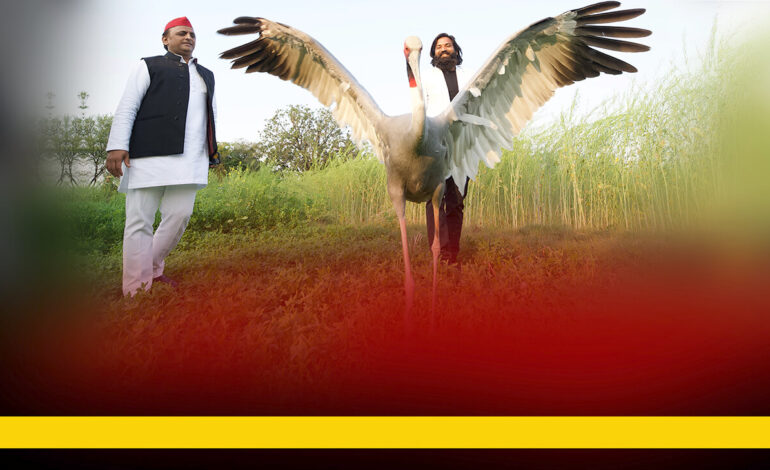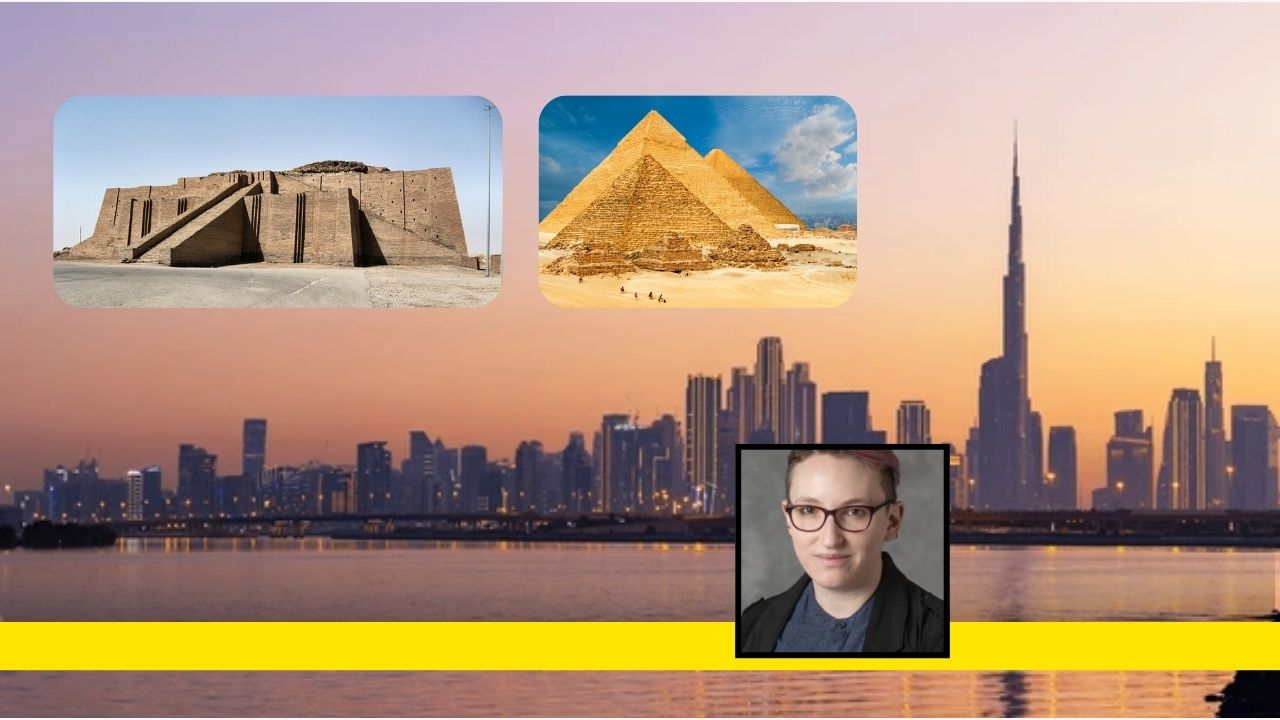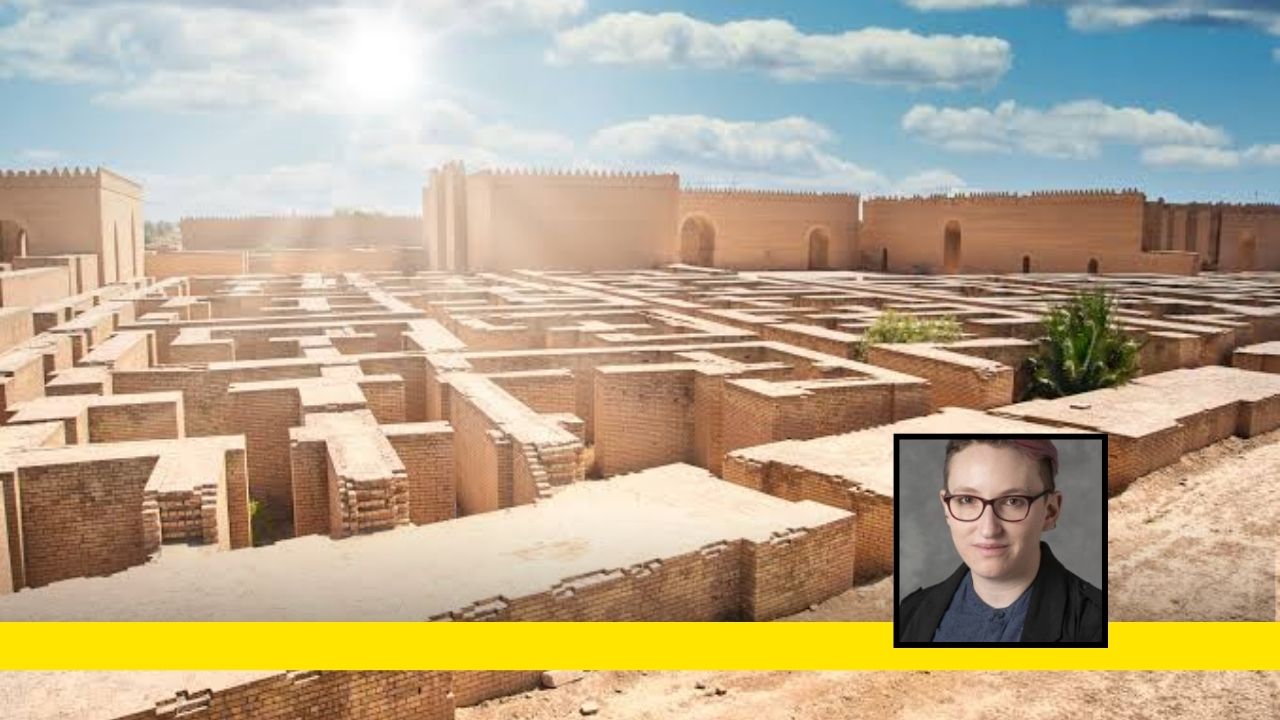Know Your Words and Concepts

This column deals with words and concepts and their changing and nuanced meanings. Indeed , many more interpretations and value additions are possible on the words and descriptions that figure in this series. The AIDEM invites further discussions on these words and concepts from readers.
We use words that embody profound concepts often without comprehending their nuances. So words remain simply words without producing the intended impact. If this is the state of Inter-personal conversation, which becomes empty and ritualistic, what can one say about conversations that have national import and implications? A cluttered understanding of the operative meaning of a word contributes to tension and conflict at interpersonal, institutional and public levels. Hence, for the sake of clear communication that leads to desired action towards fulfilment of our objectives, knowing the word is critically important.
In Indian literary traditions, a word has three types of meanings. Among others, Kaviraj Vishwanath Goswami has explained them in Sahitya Darpan. They are: shabdarth (literal meaning), bhavarth (figurative and contextual meaning), guddharth (deeper and philosophical meaning). Usually, the last one is imbibed by an individual who knows the earlier two meanings of the word.
Interestingly, I have encountered the confusion and gross misuse of words/concepts in all sectors – government, business, development, and academia, and so on. The development sector is the biggest victim of such confusion as it operates on a greater number of concepts than the other sectors. There is a litany of development jargons – need-based assessment, participatory development, livelihood generation, gender equity, sustainability, social mobilisation, inclusion, ownership, and so on. In politics, we see concepts like democracy, secularism, socialism, pluralism, equality, social justice, federalism, devolution, decentralisation, deprivation, discrimination and displacement, and so on.
Let me share one interesting and instructive anecdote that prompted me to come up with this column. A European development agency had invited their partner NGOs in India working on gender projects to a training-workshop run by a noted gender expert of our country. There were about 21 NGOs attending it in a farmhouse in Delhi. I was one of them. The resource person (gender expert) asked all of us to write in a piece of paper in a few words the meaning of gender as we knew it. To everyone’s surprise, only one and half answers were correct. The correct answer was given by a young lady who had attended a previous training programme conducted by the same gender expert. The half-correct answer was mine!
Gender is often understood as denoting sex. As I said, the literal meaning or common understanding of the word could be so. But not exactly! In grammar, we have three genders – male, female and neuter (for inanimate objects). Now, the meaning of gender has proliferated depending on the sexual orientation of people. We had male/female and LGBT until 1990s. Now it is LGBTQUIA or an easier-uttered acronym called QUILTBAG – Queer and Questioning, Unsure, Inter-Sex, Lesbian, Transgender and Two-spirit, Bisexual, Asexual and Aromatic, and Gay and Gender Queer. Gender is referred to in other terms in different countries.
What does gender mean? It meant the social construction of man and woman; now, it means others with different sexual proclivities. In other words, how society views people with different sexual identities. When you talk of gender equity, we used to refer to equality between men and women; now, it is equality among all sexes. It is a matter of historical coincidence and cultural practice that women have been suppressed and discriminated against vis-à-vis men. Hence gender equity enjoined enhancing the status of women. But the concept of gender is not women-centric any longer. It refers to all sexes in terms of their social conditions.
For latest releases of Words and Concepts, Click Here.












Interesting
Very promising beginning … Look forward to more initiatives like this …
Fascinating indeed